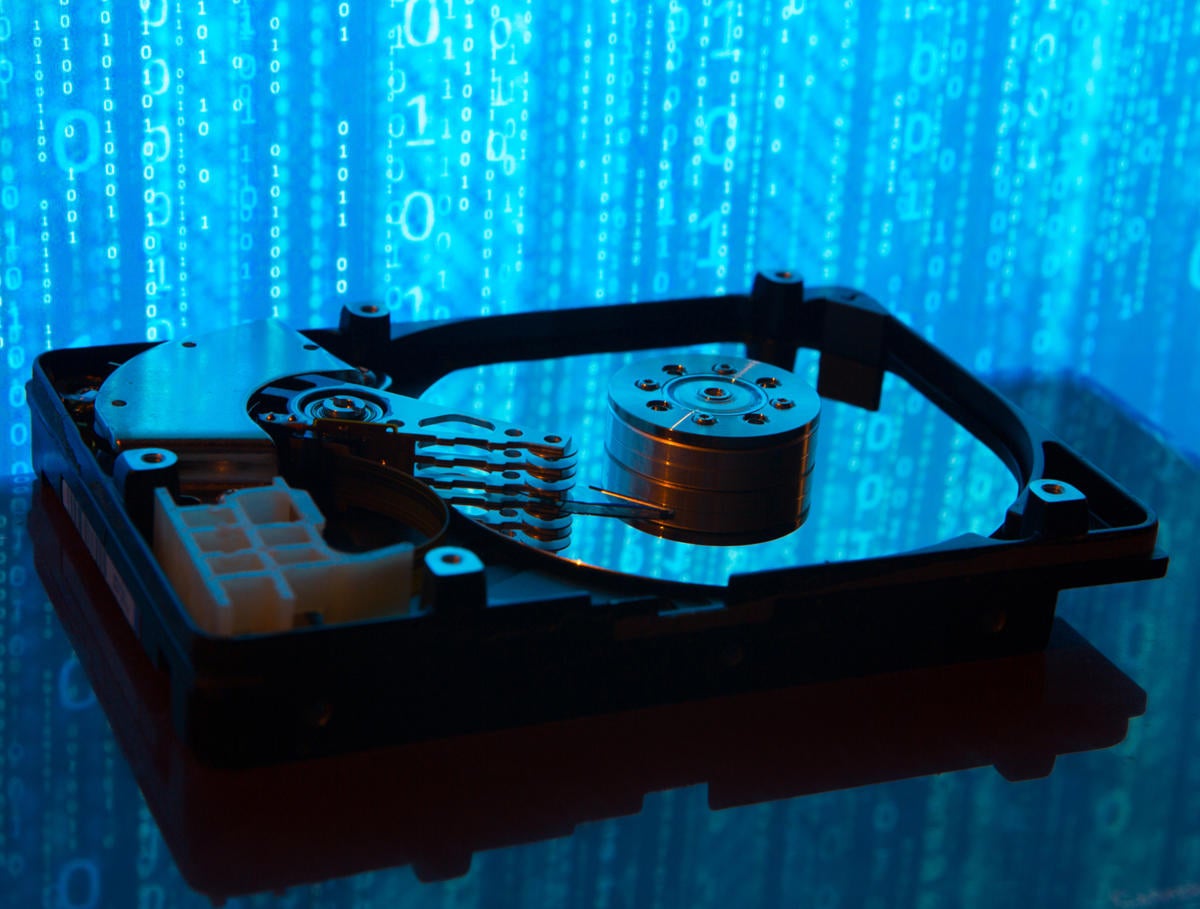- From Alexander Graham Bell to an AI assistant guiding your customer journey, CX has come a long way (baby)!
- Cisco U. Spotlight: Your Best Day of Learning is Waiting
- From banquet to bistro: How the product model is transforming the business of technology
- A data-driven farming revolution: Smart Greenhouse in Greece
- さくらインターネットのCIOが語る「CIOの役割や魅力」とは
Seagate introduces HDDs as fast as SSDs

Thanks to some engineering wizardry involving existing technologies, Seagate has introduced a new line of hard disk drives that can match the throughput of a solid state drive.
The drives are part of Seagate’s Mach.2 line, called Exos 2X18. This is the second generation of the Mach.2, coming in 16TB and 18TB capacity and support either SATA3 6Gbps or SAS 12Gbps interfaces.
The drive is essentially two drives in one, with two sets of platters served by two separate actuators, the arms with the drive heads, that work in parallel. So the 16TB/18TB capacity is achieved through two 8TB/9TB drives packed into one 3.5-inch form factor. The Mach.2 line is filled with helium to reduce friction.
More importantly the two drives are 7,200 rpm, the standard in HDD drives, rather than the 10,000 rpm or 15,000 rpm drives used in pre-SSD days. Those drives were faster but achieved that speed by spinning the disk platters faster, thus generating greater heat and having a higher failure rate than the 7,200 rpmdrives.
The two actuators serve I/O requests concurrently via dedicated data channels. This allows the drive to achieve maximum sustained transfer rates of 524 MBs, which is on par with a SATA3 SSD drive. The SAS drive delivers 554 MBs sustained transfer rates.
It should be noted that those are transfer rates. Spinning media can’t match an SSD for random reads and writes. Read/write IOPS for Exos 2X18 are listed at 304/560 while a SATA SSD’s read/write IOPS can top 100k/90k.
Still, it clobbers the single actuator-based HDDs. Seagate’s 20TB Exos X20 also has a SATA3 interface and 7,2000 rpm spin speed, but its maximum transfer rate is just 270MBs, half the speed of the Exos 2X18.
HDDs still have a place in enterprise storage for their capacity, and the Exos 2X18 is ideal for cold storage and disaster-recovery systems where large amounts of data may need to be retrieved. Doubling throughput will reduce recovery time considerably.
Seagate hasn’t set a price or release date for the drives.
Copyright © 2022 IDG Communications, Inc.

